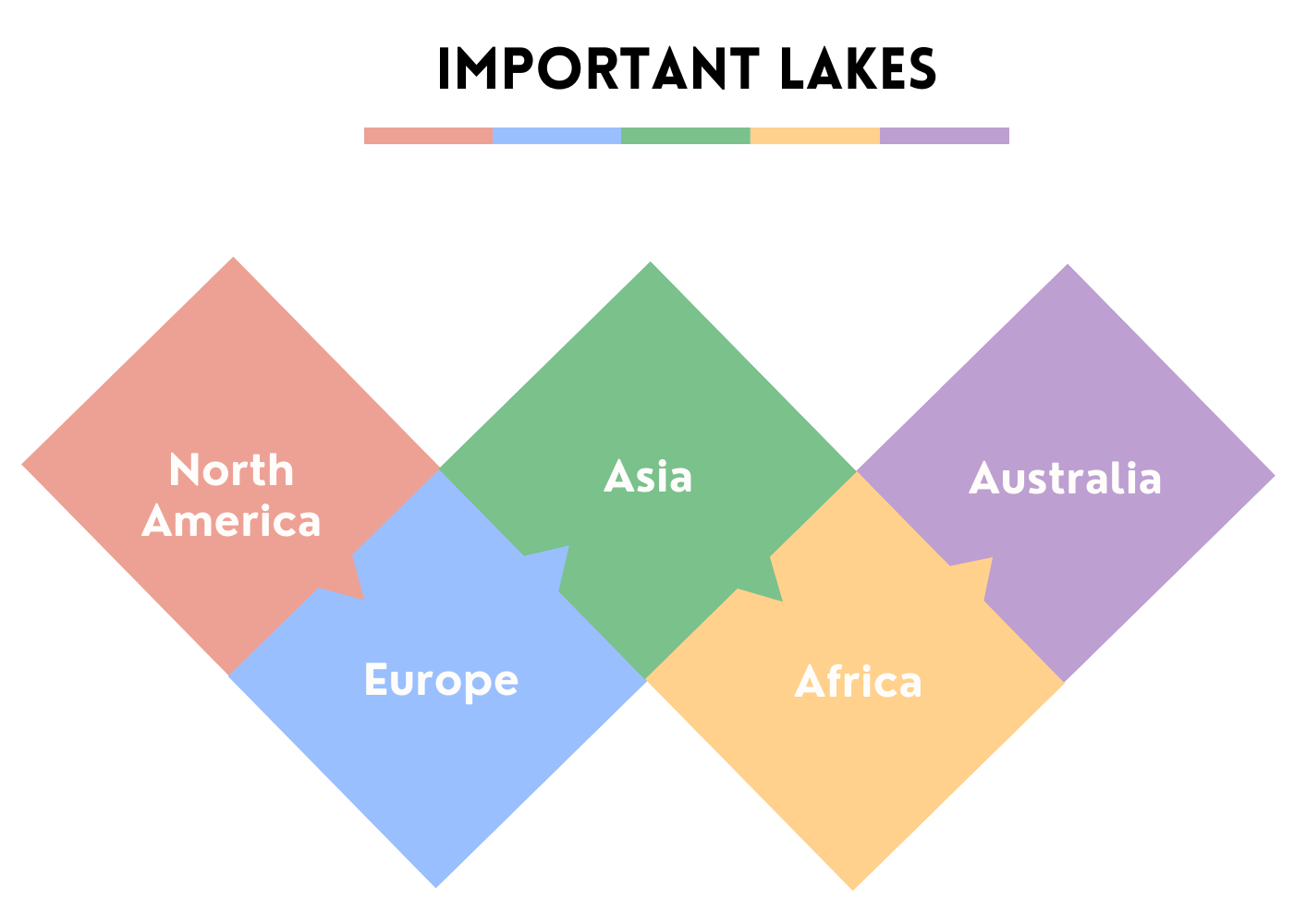Gist
Scope of Ecology
• Focus: Understanding the relationships between
• Organisms and their environment: How organisms adapt to their surroundings (temperature, water, sunlight, etc.) and utilize resources for survival.
• Organisms and each other: Competition, cooperation, predator-prey interactions, and symbiosis within and between species.
• Levels of study: Ranges from individuals and populations to entire ecosystems and the biosphere.
• Key concepts: Ecosystem structure and function, energy flow, nutrient cycling, biodiversity, and environmental change.
Importance of Ecology
• Understanding environmental issues: Provides insights into the complex relationships within natural systems, crucial for addressing problems like pollution, climate change, and habitat loss.
• Conservation and sustainability: Informs strategies for conserving biodiversity, protecting natural resources, and promoting sustainable resource management.
• Human well-being: Directly connected to human well-being, as healthy ecosystems provide essential services like clean air, water, food, and pollination
Branches of Ecology
• Population Ecology: Studies population dynamics (growth, decline, age structure) of specific species.
• Community Ecology: Analyzes interactions between different species within a community.
• Ecosystem Ecology: Examines the structure and function of entire ecosystems, including energy flow and nutrient cycling.
• Conservation Ecology: Applies ecological principles to conservation efforts and sustainable practices.
• Overall, ecology plays a vital role in understanding and managing the environment for the benefit of both present and future generations.
